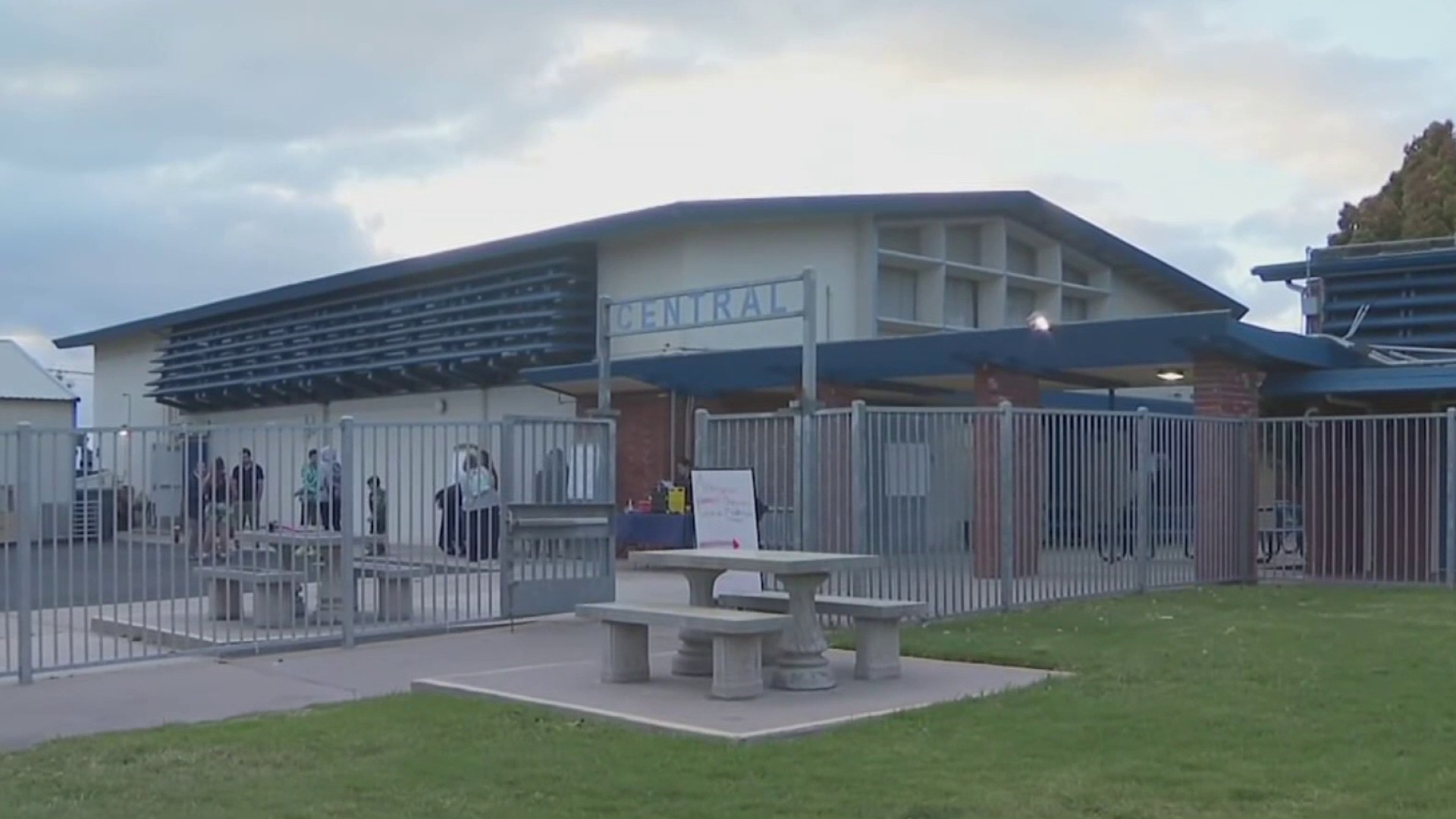It doesn’t take long to find the influence that the Brown Berets, a pro-Latino rights group that was formed in 1967, has had in San Diego.
Chicano Park in the Barrio Logan neighborhood of San Diego, an area steeped with Latin-American culture, was saved in the early 1970s because of an effort that included the Brown Berets.
But the group's efforts started years before and were largely based around struggles Mexican-Americans had with police brutality, education reform, cultural and land protection and farmworker rights.
The Brown Berets protested against the Vietnam War and were part of the peaceful Chicano Moratorium March that turned violent in East Los Angeles 50 years ago this week.
Here in San Diego, member Edward Calleros reflected on those events as well as the effort to save Chicano Park in Barrio Logan.
Brown Berets, community leaders and neighborhood residents are credited for helping to save the park for the community and turning away efforts to use the land for a California Highway Patrol station.
“Our struggle is the same as it was in the ’60s," said Calleros, who has been an active member of the group for decades. “Nothing has changed. Yes, we’ve gotten a few Milk Duds, but we want more of the pie.”
Local
Calleros said that education is the key to empowering the youth. He stresses that this has been a core of the mission since the group’s inception.
“The message we would like to send to the youth is: Stay in school, get an education,” he said.
And while looking around Chicano Park, Calleros said the murals speak to the fight that many Mexican-Americans have faced over the years. He spoke about social inequities and the challenges many people of color still face 50 years later.
“We are all people, we all bleed red, but still there is racism in this country. That has got to stop," said Calleros.
Calleros stresses that young people in the community need to listen to the lessons of the past.
“If you want to make a change, get involved. If we don’t get involved, it’s not going to stop.”



